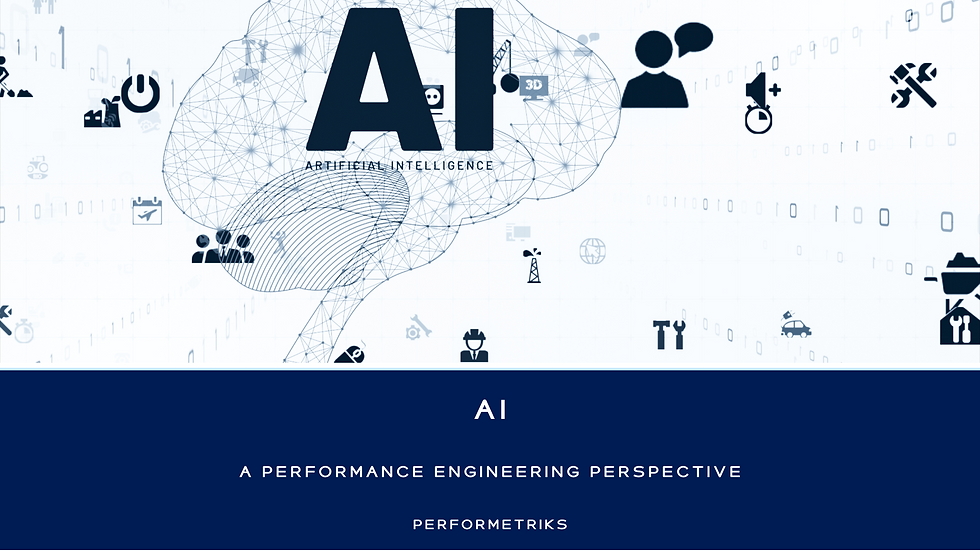AI is Speeding Up Coding
- Josef Mayrhofer

- Aug 7, 2025
- 2 min read
The Rise of AI-Driven Development
Coding has become faster than ever. With tools like GitHub Copilot, ChatGPT, and other AI-powered assistants, developers can generate entire functions or files with minimal input. For many, this feels like a giant leap forward. Deadlines seem easier to meet, prototypes are built faster, and productivity is increasing.
Challenges of AI-Generated Code
But underneath all that speed, new problems are showing up. More teams see the downside of over-relying on AI to write code. While the code usually works, it often creates clutter. Projects fill up with repeated logic, inconsistent patterns, and quick fixes that don’t scale well.
A recent study by GitClear analyzed over 200 million lines of code and found a significant spike in duplicate code. In 2024 alone, there was an eightfold increase in code blocks that repeated logic across the codebase. Instead of reusing existing code or cleaning it up, slightly different versions of the same logic are scattered throughout projects.

This shows that code reuse is declining. Instead of refactoring or organizing code into reusable modules, AI repeatedly generates everything from scratch. At first glance, it looks like progress. But over time, all that extra code starts to affect performance. It increases bugs, makes testing harder, drives up cloud storage costs, and makes systems more challenging to maintain.
The GitClear study also showed a drop in moved code that’s been reorganized or cleaned up. That is a red flag. Healthy codebases don’t happen by accident. They take consistent cleanup, planning, and care. Without that, things may still work, but they quickly get messy. Other reports confirm similar trends. Developers are spending more time debugging AI-generated code and fixing security issues.
Declining Codebase Health
Google’s DORA report observed that while AI improved documentation, sped up code reviews, it also decreased delivery stability.
This doesn’t mean AI is a problem. It is a great tool that saves time and helps developers work more efficiently. But, like any tool, it needs to be used with care. Code quality starts to fall apart when the focus is only on speed. When code is treated as disposable, long-term maintainability suffers.
The Buildup of Technical Debt
The biggest issue is that codebases don’t fall apart overnight. The problems build up slowly. It happens when extra lines are added that don’t need to be there or when reusable functions are ignored in favor of quick, AI-generated fixes. These little decisions add up and eventually create a messy, fragile system. And at some point, someone has to take the time to clean it all up.
Conclusion
From a performance engineering perspective, the rise of AI-generated code brings both opportunity and risk. Repeated code and poor cleanup add technical debt, making systems harder to scale, optimize, and maintain. Performance engineering helps by identifying bottlenecks early, enforcing code quality standards, and guiding teams to build faster systems that stay clean, efficient, and scalable over time. Keep up the great work! Happy Performance Engineering!
Based on insights from LeadDev: How AI-generated code accelerates technical debt




Comments